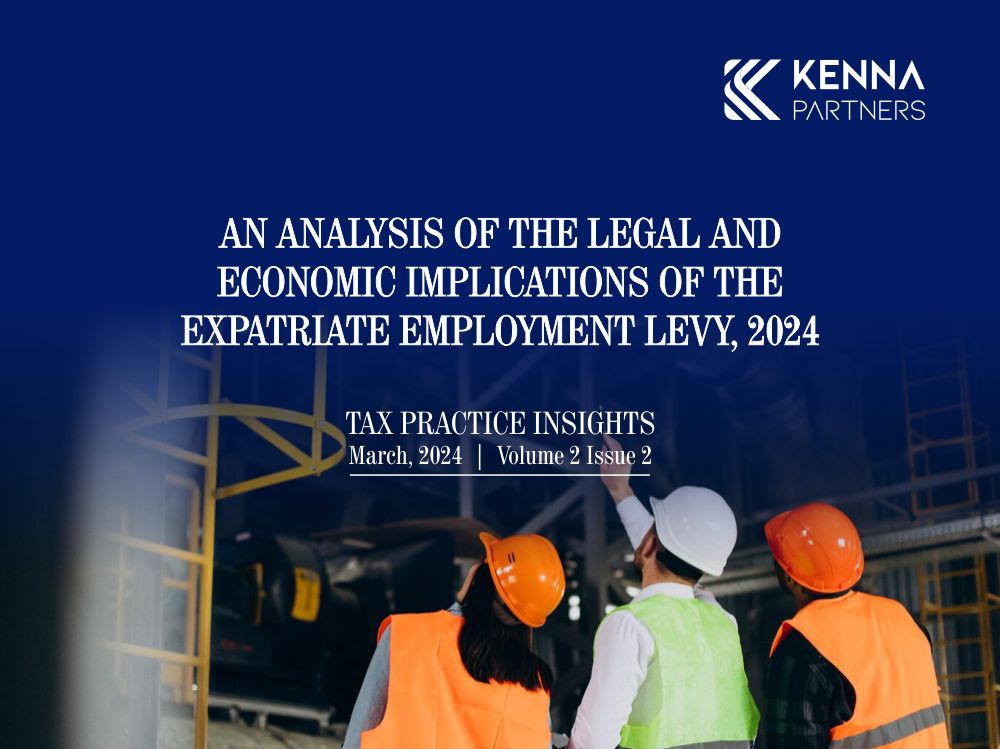

In recent times, legislative changes in Nigeria’s tax regime have given rise to possible tax liabilities for taxpayers (individuals and corporates), particularly on government-issued securities and investment incomes. These developments are significant and portend to vary the rights and obligations of taxpayers to a considerable extent. Accordingly, this piece briefly examines some of the possible changes.
On December 9, 2011, the President of the Federal Republic of Nigeria issued three significant tax exemption Orders, namely:
In addition to the above, on July 25, 2014, the Minister of Finance, whilst acting under the provisions of Section 38 of the Value Added Tax Act 1993 (as amended)Cap. C1, L.F.N 2004, issued the Value Added Tax (Exemption of Commissions on Exchange Transactions) Order 2014
(effective from July 25, 2014)
The Companies Income Tax (Exemption of Bonds and Short-Term Government Securities) Order, 2011 and the Personal Income Tax (Exemption of Bonds and Short-Term Government Securities) Notice, 2011 exempt the payment of Companies Income Tax (CIT) and Personal Income Tax (PIT) respectively on short term Federal Government Securities (such as Treasury Bills and Promissory Notes), Bonds issued by corporate bodies including supra-nationals, and interest earned by holders of bonds and short-term securities as listed above.
On the other hand, the Value Added Tax (Exemption of Proceeds of the Disposal of Government and Corporate Securities) Order, 2011 also exempts VAT payment on the proceeds from the disposal of short-term, State, Local Government, and Corporate Bonds.
The Value Added Tax (Exemption of Commissions on Exchange Transactions) Order, 2014 exempts VAT payment on Commissions earned on the traded value of shares, payable to the Securities and Exchange Commission, the Nigerian Stock Exchange, and the Central Securities Clearing System.
A peculiar feature of all the above exemptions is that they are for limited durations. While the provisions on CIT, PIT, and Value Added Tax (VAT) (Proceeds of the Disposal of Government and Corporate Securities) exemptions are for a duration of 10 years (January 2, 2012 – January 2, 2022), the VAT exemptions on Commissions on Exchange Transactions is for a period of 5 years (July 25, 2014 – July 25, 2019).
No results found.
